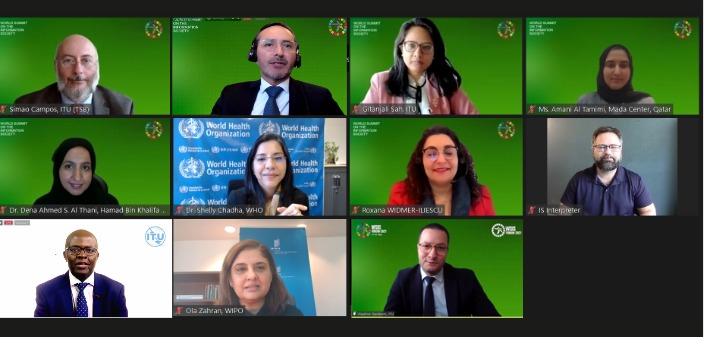Side Event - CSocD61: Information and Communication Technologies (ICTs), Innovation and Accessibility: Towards Building Inclusive Communities
State of Qatar, ITU, WSIS, WIPO, UN DESA
Session 133
According to WHO, over 1 billion people are estimated to experience disability. This corresponds to about 15% of the world's population, with up to 190 million (3.8%) people aged 15 years and older having significant difficulties in functioning, often requiring health care services.[1]
Assistive technologies and Information and Communication Technologies (ICTs) are powerful tools for advancing welfare and wellbeing for all in building inclusive communities. The World Summit on the Information Society (WSIS) Process underlines the importance of access to information and knowledge for persons with disabilities. WSIS Action Line C3: “Access to Information and Knowledge” and other relevant Action Lines, include action points on inclusion of persons with disabilities, mainly focusing on improving access to information and knowledge.
One of the key activities at the WSIS Forum is the ICTs and Accessibility for Persons with Disabilities and Specific Needs special track, which highlights the innovative technologies in the development of inclusive society and aims to mainstream accessibility in the development of international telecommunications/ICT standards, whilst fostering discussions on key accessibility issues. WSIS engaged different accessibility communities, including hard of hearing, blind/visually impaired, autism, etc.
The side event will look into the global framework, such as WSIS Forum, for action as well as good practices to enhance cooperation to ensure everyone's right to participate in the information society – regardless of age, gender, location, financial means, or ability in most meaningful and effective manner by taking full advantages and benefits provided by the ICTs solutions and resources. Discussions will also shed light on intellectual property as a key driver of technology development and innovation, as well as the opportunities availed through technological breakthrough for the empowerment of people and communities around the world.
This session seeks to stimulate discussions around the following topics:
- The power of technologies and the underpinning innovation ecosystem in fostering digital and social inclusion of persons with disabilities in all aspects of life
- Stakeholders' initiatives and efforts to ensure the accessibility of ICTs and the promotion of the usage of ICTs and assistive technologies for persons with disabilities?
- How could the implementation of the WSIS Action Lines contribute to addressing the accessibility issues?
This side event contributes to the discussion on the importance offered by ICTs and assistive technologies in fostering digital inclusion of persons with disabilities in all aspects of society and development.
This session aligns with UN SDG 4 (Quality Education), SDG 8 (Decent Work & Economic Growth), SDG 10 (Reduced Inequalities), SDG 11 (Sustainable Cities and Communities), SDG 17 (Partnership for the Goals) and the WSIS Action Lines.
[1] WHO, ‘’Disability and Health’’, available at https://www.who.int/news-room/fact-sheets/detail/disability-and-health#:~:text=Over%201%20billion%20people%20are,often%20requiring%20health%20care%20services
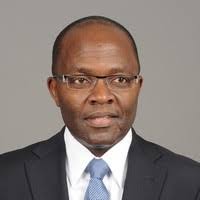
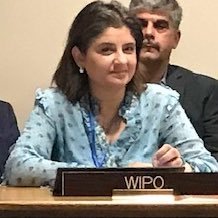
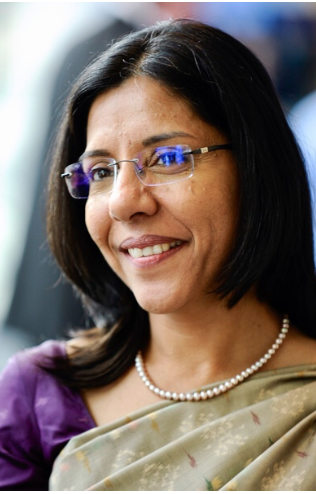

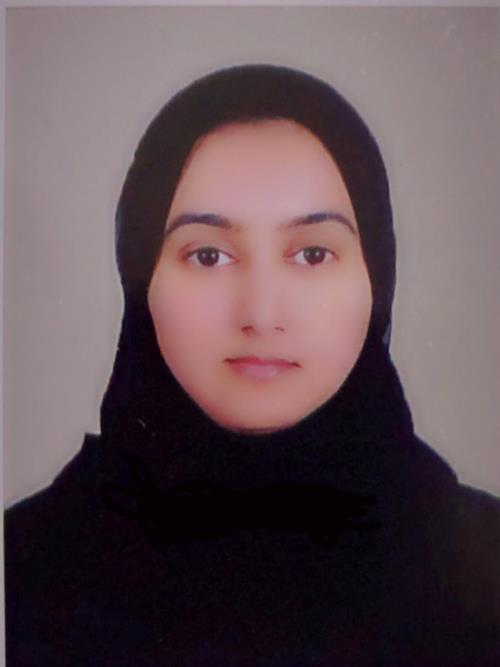
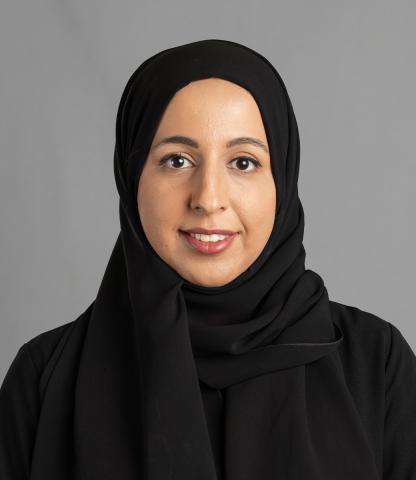
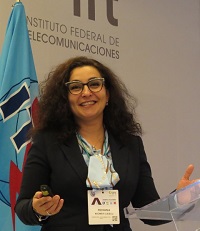
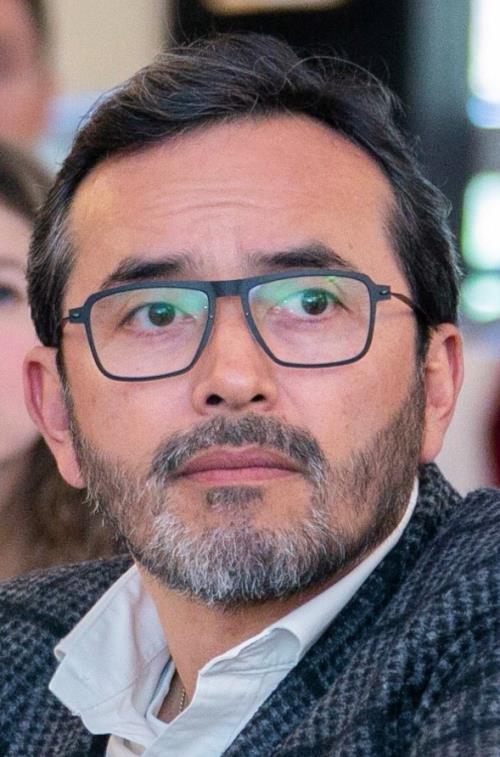
-
 C1. The role of governments and all stakeholders in the promotion of ICTs for development
C1. The role of governments and all stakeholders in the promotion of ICTs for development
-
 C2. Information and communication infrastructure
C2. Information and communication infrastructure
-
 C3. Access to information and knowledge
C3. Access to information and knowledge
-
 C4. Capacity building
C4. Capacity building
-
 C5. Building confidence and security in use of ICTs
C5. Building confidence and security in use of ICTs
-
 C6. Enabling environment
C6. Enabling environment
-
 C7. ICT applications: benefits in all aspects of life — E-government
C7. ICT applications: benefits in all aspects of life — E-government
-
 C7. ICT applications: benefits in all aspects of life — E-business
C7. ICT applications: benefits in all aspects of life — E-business
-
 C7. ICT applications: benefits in all aspects of life — E-learning
C7. ICT applications: benefits in all aspects of life — E-learning
-
 C7. ICT applications: benefits in all aspects of life — E-health
C7. ICT applications: benefits in all aspects of life — E-health
-
 C7. ICT applications: benefits in all aspects of life — E-employment
C7. ICT applications: benefits in all aspects of life — E-employment
-
 C7. ICT applications: benefits in all aspects of life — E-environment
C7. ICT applications: benefits in all aspects of life — E-environment
-
 C7. ICT applications: benefits in all aspects of life — E-agriculture
C7. ICT applications: benefits in all aspects of life — E-agriculture
-
 C7. ICT applications: benefits in all aspects of life — E-science
C7. ICT applications: benefits in all aspects of life — E-science
-
 C8. Cultural diversity and identity, linguistic diversity and local content
C8. Cultural diversity and identity, linguistic diversity and local content
-
 C9. Media
C9. Media
-
 C10. Ethical dimensions of the Information Society
C10. Ethical dimensions of the Information Society
-
 C11. International and regional cooperation
C11. International and regional cooperation
-
 Goal 3: Ensure healthy lives and promote well-being for all
Goal 3: Ensure healthy lives and promote well-being for all
-
 Goal 4: Ensure inclusive and equitable quality education and promote lifelong learning opportunities for all
Goal 4: Ensure inclusive and equitable quality education and promote lifelong learning opportunities for all
-
 Goal 8: Promote inclusive and sustainable economic growth, employment and decent work for all
Goal 8: Promote inclusive and sustainable economic growth, employment and decent work for all
-
 Goal 10: Reduce inequality within and among countries
Goal 10: Reduce inequality within and among countries
-
 Goal 11: Make cities inclusive, safe, resilient and sustainable
Goal 11: Make cities inclusive, safe, resilient and sustainable
-
 Goal 16: Promote just, peaceful and inclusive societies
Goal 16: Promote just, peaceful and inclusive societies
-
 Goal 17: Revitalize the global partnership for sustainable development
Goal 17: Revitalize the global partnership for sustainable development
